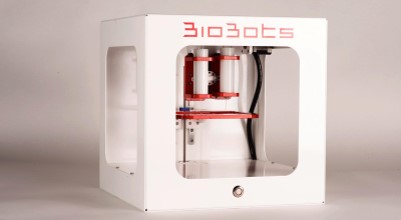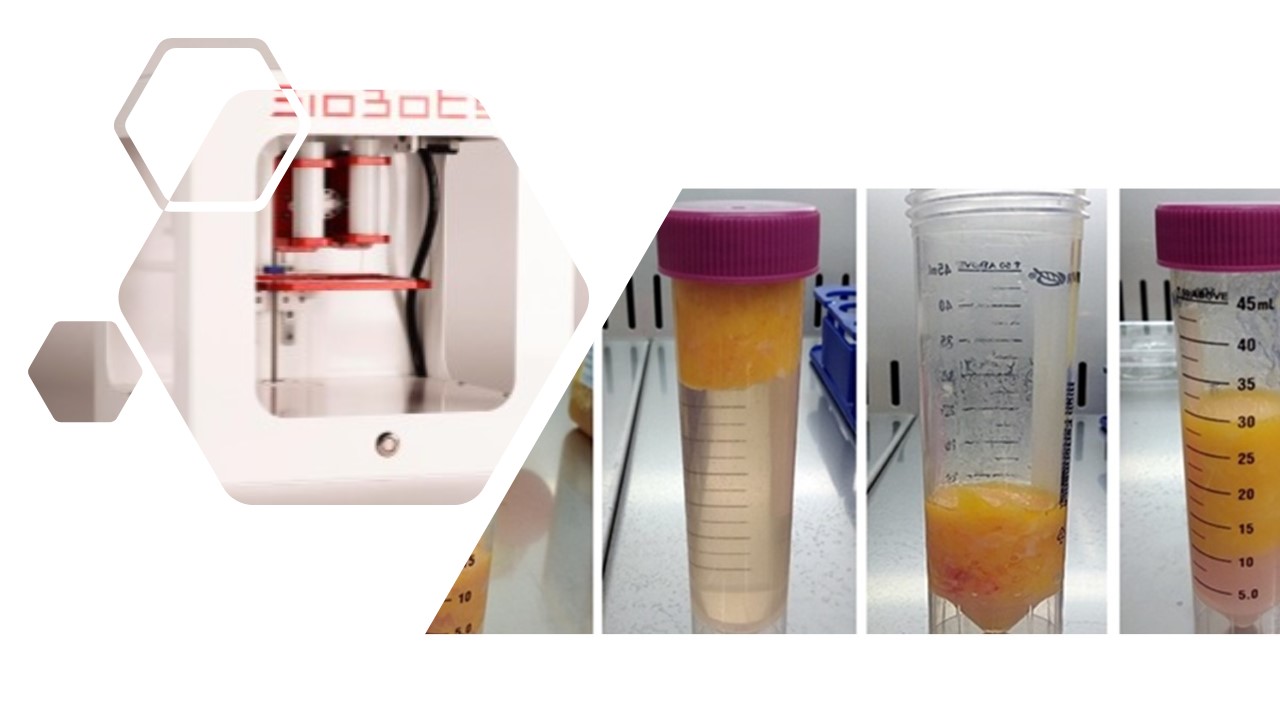Summary
- Profile Type
- Technology offer
- POD Reference
- TOHU20250717005
- Term of Validity
- 17 July 2025 - 17 July 2026
- Company's Country
- Hungary
- Type of partnership
- Commercial agreement with technical assistance
- Research and development cooperation agreement
- Targeted Countries
- All countries
Contact the EEN partner nearest to you for more information.
Find my local partner
General information
- Short Summary
- A Hungarian university offers a technology for personalized therapeutic tissue production using adipose-derived mesenchymal stem cells. The platform supports 3D bioprinting of patient-specific bone and adipose tissues. Partners are sought for research cooperation or commercial agreement with technical assistance.
- Full Description
-
A Hungarian research university has developed a cutting-edge platform for regenerative medicine. The technology uses mesenchymal stem cells (MSCs) isolated from human adipose tissue, allowing for personalized differentiation into bone or fat tissues.
The innovation includes a validated methodology for:
- isolation of MSCs from adipose tissue,
- patient-specific differentiation protocols, and
- preparation of personalized bone, cartilage, or fat-based tissue structures.
This system is fully compatible with 3D bioprinting technologies and allows the use of radiological imaging (MRI, CT) converted into CAD-based 3D models for implant design. As a result, patient-specific implants and tissue structures can be printed for medical and cosmetic use.
The solution offers significant advantages in autologous tissue generation, reducing immune responses and enabling faster recovery. It is applicable in orthopaedic, reconstructive, and cosmetic surgery.
The university seeks international partners for technical validation, research collaboration, or commercialization of the technology. - Advantages and Innovations
-
- Patient-specific therapeutic solutions using autologous stem cells.
- Reduced risk of rejection and improved healing outcomes.
- Integration of CAD with MRI/CT imaging for customized 3D tissue design.
- Innovative workflow from tissue sampling to final 3D-printed implant.
- Applicable in both medical and cosmetic applications (e.g., breast reconstruction). - Stage of Development
- Available for demonstration
- Sustainable Development Goals
- Goal 3: Good Health and Well-being
- IPR status
- Secret know-how
Partner Sought
- Expected Role of a Partner
-
The university is seeking:
- Research partners for clinical validation and further development.
- Medical technology companies for adaptation and integration into surgical workflows.
- Cosmetic or reconstructive clinics for piloting the technology.
The partner should have experience in regenerative medicine, 3D bioprinting, or implant design. - Type and Size of Partner
- Big company
- University
- SME 11-49
- SME 50 - 249
- R&D Institution
- Type of partnership
- Commercial agreement with technical assistance
- Research and development cooperation agreement
Dissemination
- Technology keywords
- 06003001 - Bioinformatics
- 01003012 - Imaging, Image Processing, Pattern Recognition
- 06002002 - Cellular and Molecular Biology
- 06001019 - Stem cell Technologies
- Market keywords
- 05003001 - Therapeutic services
- 05007006 - Computer-aided diagnosis and therapy
- 05003003 - Surgical implants
- Targeted countries
- All countries

